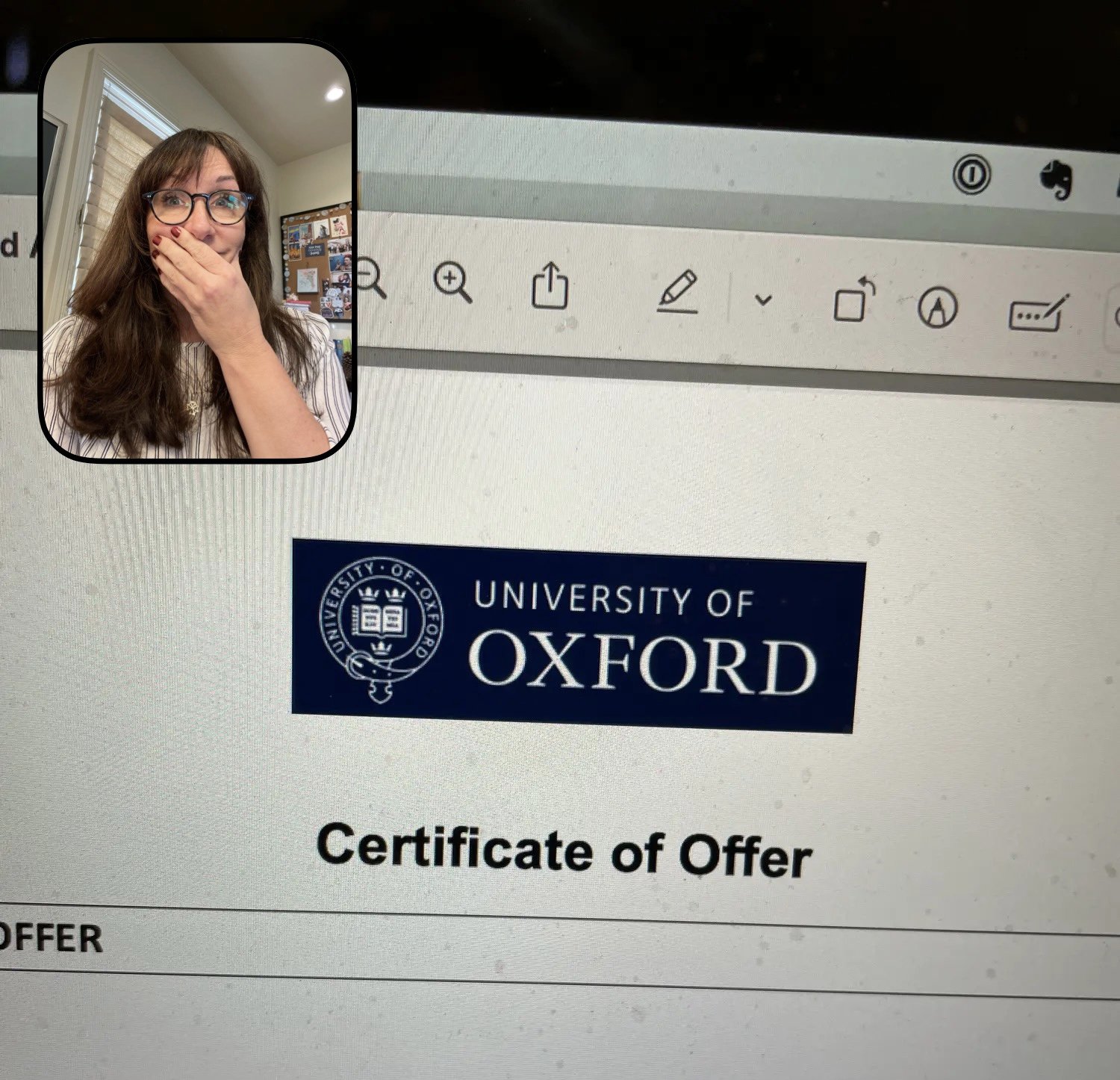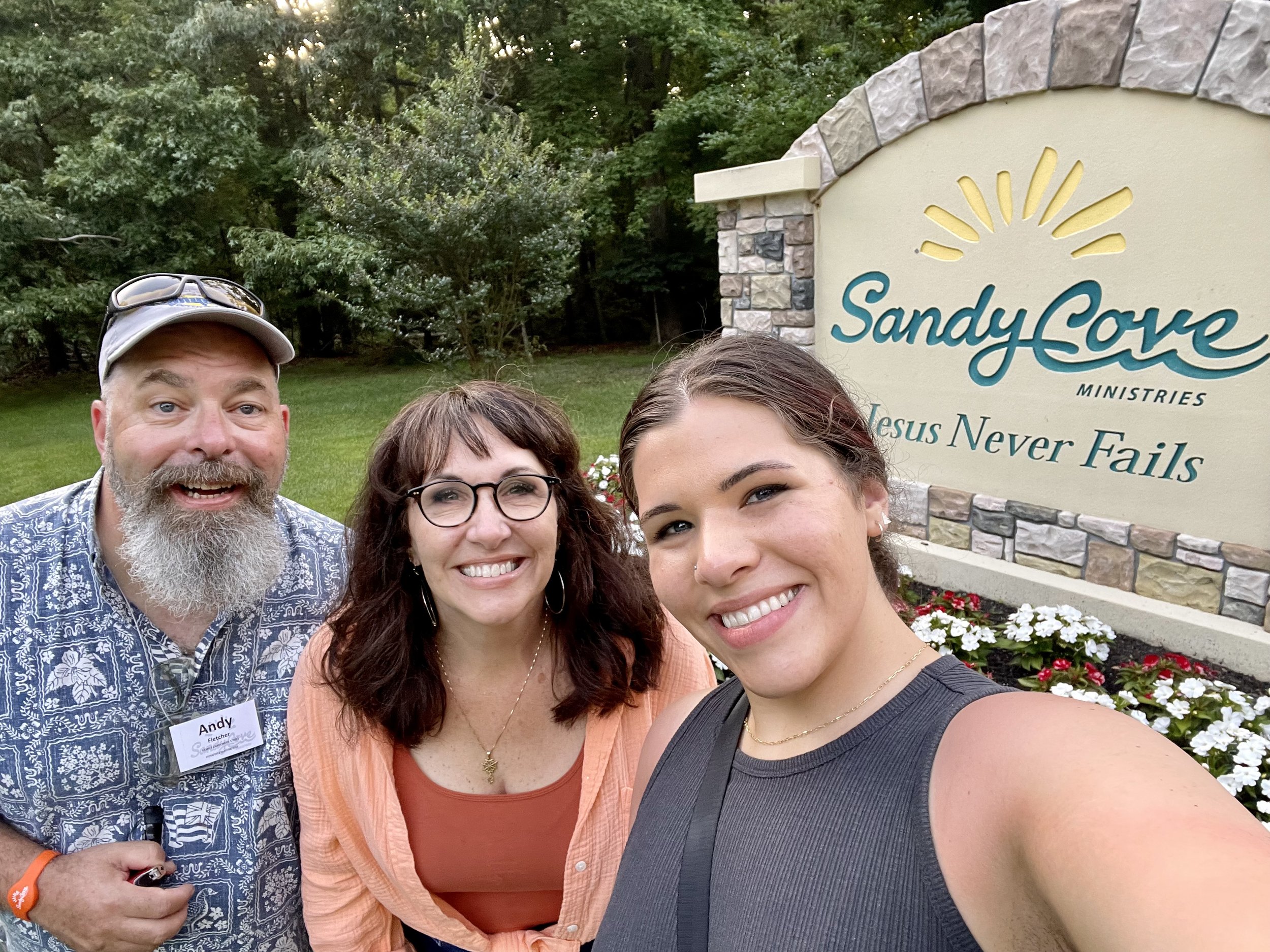One affiliate link for Leaving Legalism below
Out of a small book with a big heart has come questions from readers like you. Earnestly trying to figure out this whole “leaving legalism thing”, your struggles are honest and deep, and multi-faceted.
Family relationships are rarely simple.
We’re left with the question of how to love people when they don’t agree with our choice to leave a rigid church environment, and it’s not simple, because family relationships rarely are. And now with the holidays upon us, the notion of spending time with family members who ooze disapproval is stressful, disheartening, and a genuine downer. It can leave us feeling like we’ve taken two steps backwards.
I Left Legalism and My Family Doesn't Approve
Don’t think for a minute you’re alone in this. Here’s just one of numerous notes I’ve received, but I’m keeping this one as anonymous as possible for obvious reasons:
“Question for you: When you leave legalism, but have family (my parents) who have not, how do you walk well with them? We packed our bags 11 years ago for the sake of the gospel, have grown in the gospel, but are looked down on because we live it out differently, i.e., enjoy alcohol, smoke a pipe (well, my hubs, not me), friendship with homosexuals, walk with drug addicts—all sorts of very different things from my Baptist roots.
I still feel there are times I am creating a checklist, and making laws for my life, and feel I am doing something wrong (like hubs shouldn’t smoke a pipe, but it’s more because of what my family would think of him, but Lord knows I am not posting pics on Facebook of that!) Is there a fine line of sharing, and being careful to not offend? I don’t know? But I do get a smack in the head from the Spirit, that I am not resting in the grace and freedom He gives. sigh.
I feel at times my identity is still wanting approval from my earthly father, trying to shake that, but thankful how Jesus is showing me these things! I feel so close to real freedom, and have been away from legalism for awhile, but man those roots run deep! ”
A Question of Identity
I think a lot of us struggle with our identity: Who am I? What is my mission in life? Who am I not? For those essentially rejecting what shaped their childhoods by those who communicated that identity to them, the issue of identity can be especially confusing.
Now is the time to stop and define who you are. If you’re still walking in Christian faith, your identity is formed by what God, through Jesus Christ, did for you when he chose to enter our fallen world and put his life on the line for our sake. It’s all his work, his plan, and his unparalleled goodness that we get to claim, through grace.
It’s why the video that plays on this site’s homepage reads, “Grace will change your life.” At the core of our lives is our identity—who we are—and the grace of God is the all-encompassing formation of who we are.
How Understanding Our Identity Makes a Difference
Now let’s connect the dots between knowing our identity and being around family members who don’t approve of our choices.
For those of us who were caught up in legalistic environments, whether by choice or parentage, the attempt to please man usually takes precedence over a desire to please God. Even if our goal was to please God, we had a mixed-up, works-based definition of what that means. The truth is, God is already pleased with us. Because of what Jesus has already done, because of Calvary, because of the cross, because of the faith He’s given to us, God is already pleased.
Let that sink in.
For so many of us, the idea that we already have won the affection of the creator of the universe simply because His son died on our behalf is a concept very far removed from our law-loving hearts and minds. It doesn’t seem right. In a universe where everything else must be earned, the free approval of God Himself just blows our minds.
Take the idea that we can’t reconcile free approval (grace) for ourselves and apply it to our earthly relationships, and there we see how easy it is to assume we must earn the love of God. If my earthly father is disappointed in me, surely my heavenly father must also be. If I have to perform for the approval of the people in my church, surely I must perform for God, too.
Again, now is the time to stop and define who you are.
What do you believe? Do you believe Jesus when he declared that he had finished all the work there was to be done when he hung on the cross and took our sin into his death?
Do you believe that God takes delight in you? His Word tells us as much:
Psalm 18:19 He brought me out into a broad place; he rescued me, because he delighted in me. (ESV)
Isaiah 62:3-5 You shall be a crown of beauty in the hand of the Lord, and a royal diadem in the hand of your God. You shall no more be termed Forsaken, and your land shall no more be termed Desolate, but you shall be called My Delight Is in Her, and your land Married; for the Lord delights in you, and your land shall be married. For as a young man marries a young woman, so shall your sons marry you, and as the bridegroom rejoices over the bride, so shall your God rejoice over you. (ESV)
There are so many more verses and passages that tell us how God delights in us. You can search and find and dwell on them, and I encourage you to do so.
The critic, or legalist, will of course point out that there are equally passages that talk about God’s hatred for the wicked, and that’s true. But here’s the thing: You are not the wicked. You have been redeemed. You are made clean and pure by the work of Christ. To say otherwise is just really bad theology.
So, Then, How Do I Hang Out With My Family?
Let’s make this whole discussion about identity and believing the truth about whose you are inform how we now deal with family and friends who don’t approve of our choice to leave their brand of legalism.
You’re going to be in situations where your family doesn’t approve of your clothing choices, your food preparation, your current church, your parenting, your job situation, your friends, your hobbies, and on and on. . .
When their opinions are being voiced, you have the opportunity to remind yourself (and spouse and kids and friends) that God is already pleased with you. Remind yourself (say it in your head, loudly) that you are loved by God and nothing can change that. Smile outwardly. Usher your kids out of the room. Leave, if you have to. But remember, always remember, that your identity—who you are—is in Jesus Christ, and he is very, very pleased with you.
Luke addressed the physical leaving of family in his gospel: “If anyone comes to me and does not hate his own father and mother and wife and children and brothers and sisters, yes, and even his own life, he cannot be my disciple.”(14:26) Sometimes following Christ means leaving behind the family and life that would have you believe that you must earn your salvation in some fashion, because following Christ means believing the truth of the gospel instead of the pronouncements of legalists.
Leaving legalism can be the most difficult thing you’ve ever done. A disapproving family heaps guilt and shame tenfold over the guilt and shame we are trying to leave. But don’t forget Whose you are and what He’s done for you. Remember, now is the time to stop and define who you are. Now, before the holiday gatherings commence.














